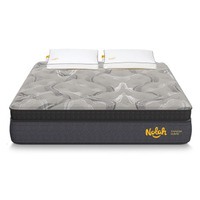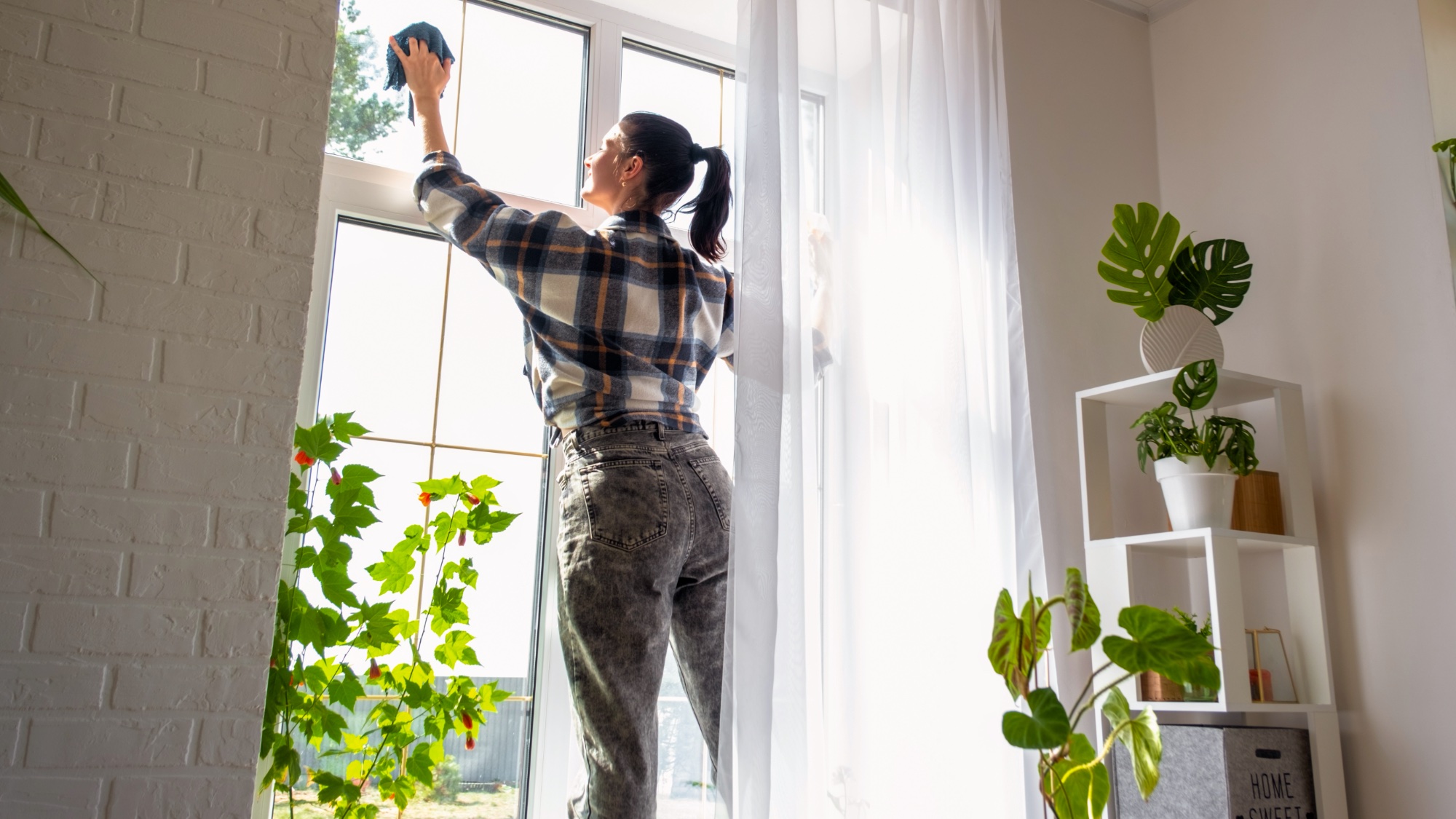What is a pillow protector — and are they worth it?
Here’s why every pillow should have a pillow protector
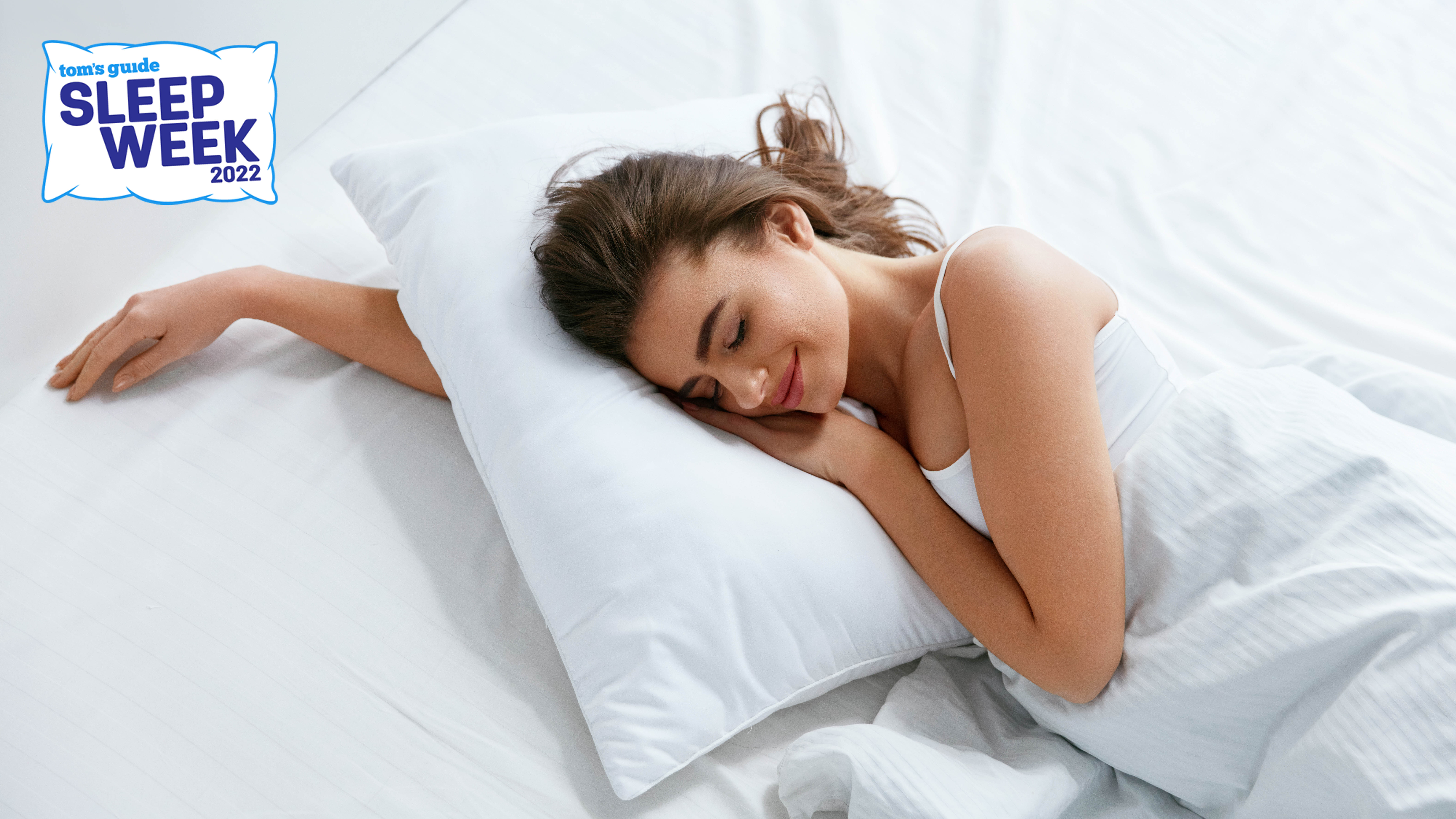
We spend a good chunk of our lives in bed, and yet most of us don’t give it the care and attention it deserves. We might splurge for the best mattress, or even take the time to get the best pillows — comfort is essential after all. But, it seems maintaining the bed is a lower priority, particularly when it comes to the pillows.
Pillow protectors have been around for a long time, but they’re nowhere near as popular as the best mattress protectors. Their purpose or impact may not be as obvious, but pillow protectors are still an essential investment. Here, we will explain exactly what a pillow protector is, and why every bed should have them.
What are pillow protectors?
As the name suggests, pillow protectors are designed to protect your pillows from spills, stains and wear and tear. It’s essentially an extra layer of material which sits between the pillow filling and the outer case. You can fit them on exactly as you would a regular pillow case, with some folding over to close and some zipping up to create a complete seal.
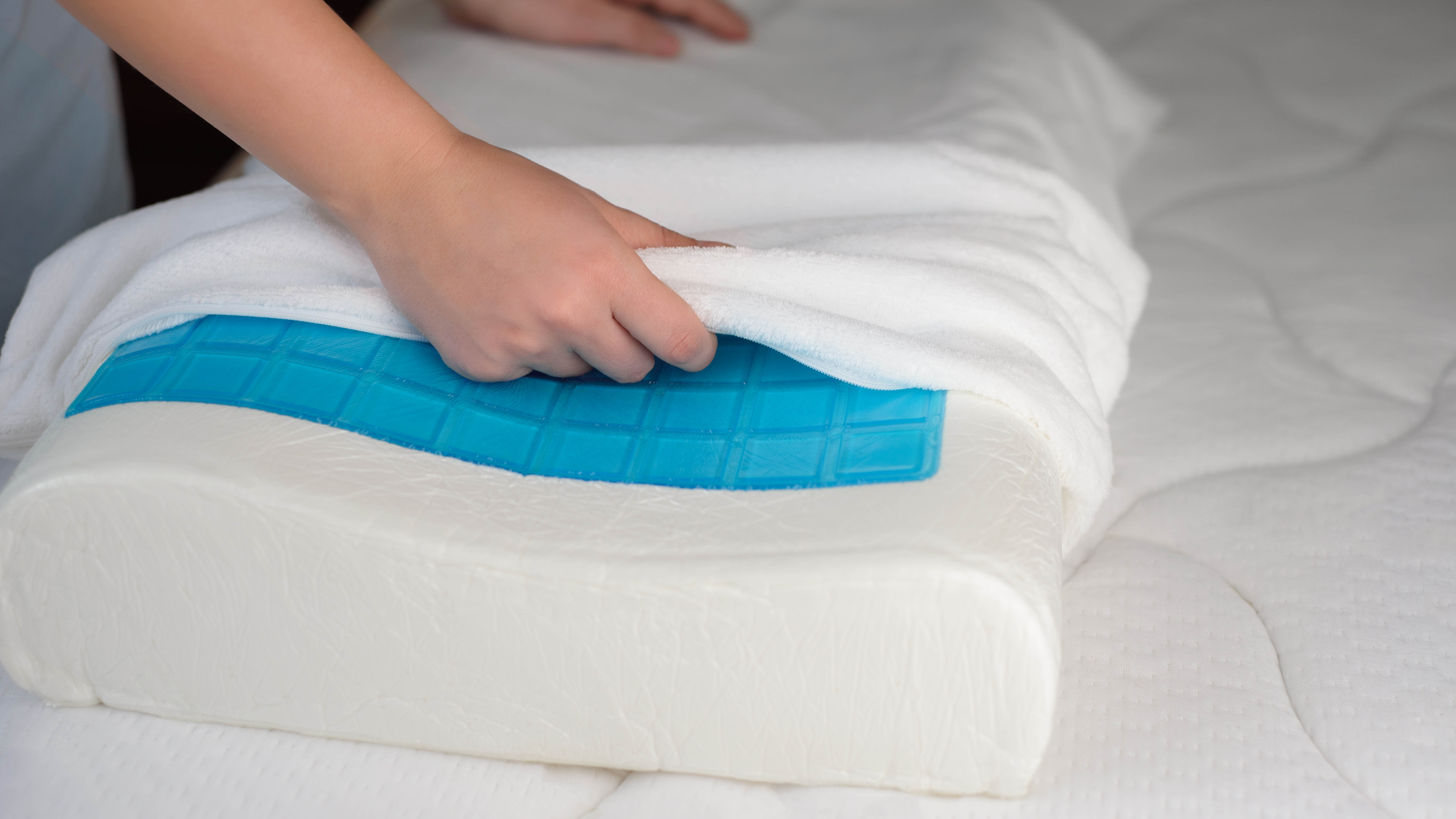
Most pillow protectors are machine-washable, which means you can slip them off and wash them before replacing. Some can also go in the tumble dryer, although you must be careful not to shrink them beyond the size of the pillow.
Pillow protectors are generally sold in packs of two or four to accommodate for sets of pillows and are available in a range of sizes. Prices can range anywhere from less than $10 to over $80 depending on the material.
What types of pillow protectors are there?
Pillow protectors come in a variety of materials to suit different purposes. The most premium designs will generally be made from organic cotton, which is lightweight and breathable. On the other hand, synthetic pillow protectors will have a more reasonable price tag and this material is more durable, but it’s less-breathable. There are some alternative materials available too, such as wool, but these aren’t as common.
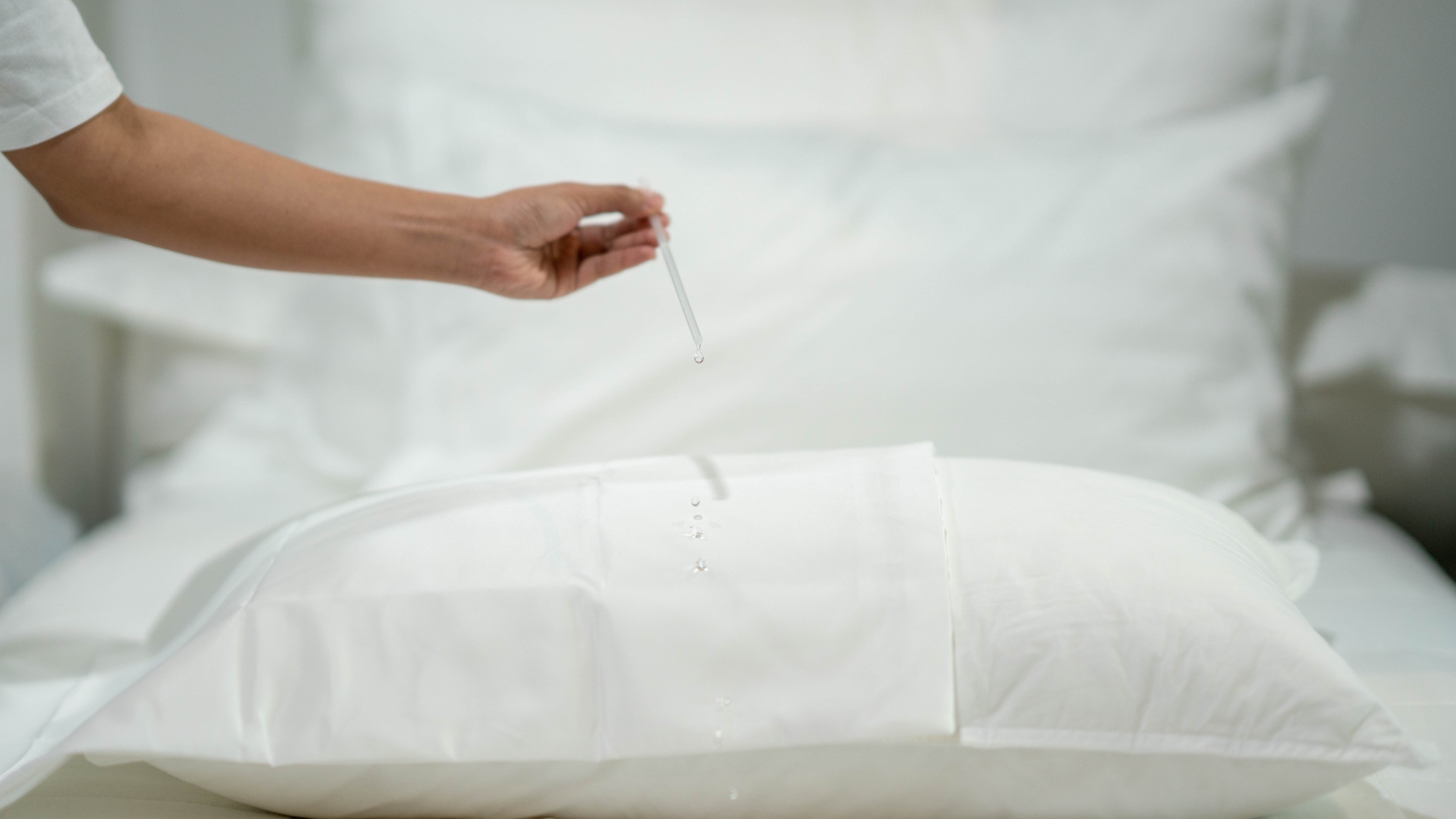
Pillow protectors can have different purposes too. Some are waterproof to protect the pillow from sweat, drool and oils in the night. There’s also hypoallergenic options which are designed specifically for those who suffer from allergies — these are a great option if you struggle with asthma. Temperature-regulating pillow protectors are also growing in popularity. These intend to help keep you cool at night by allowing for better airflow. The best pillow protector for you will ultimately depend on your circumstance and budget.
Sign up to get the BEST of Tom's Guide direct to your inbox.
Get instant access to breaking news, the hottest reviews, great deals and helpful tips.
What are the benefits of pillow protectors?
There are several benefits to using pillow protectors. The first, and most obvious benefit, is preventing the dreaded yellow pillow. These yellow stains are formed from sweat seeping through your pillow in the night, although makeup, oils from the body and drool can all contribute. You might notice similar stains on your duvet for the same reason. Pillow protectors act as a barrier against this moisture, particularly if you use a waterproof one.
Of course, the stains will appear on the protector instead, but the good news is these are much easier to wash and dry than the pillow itself, which is another benefit.
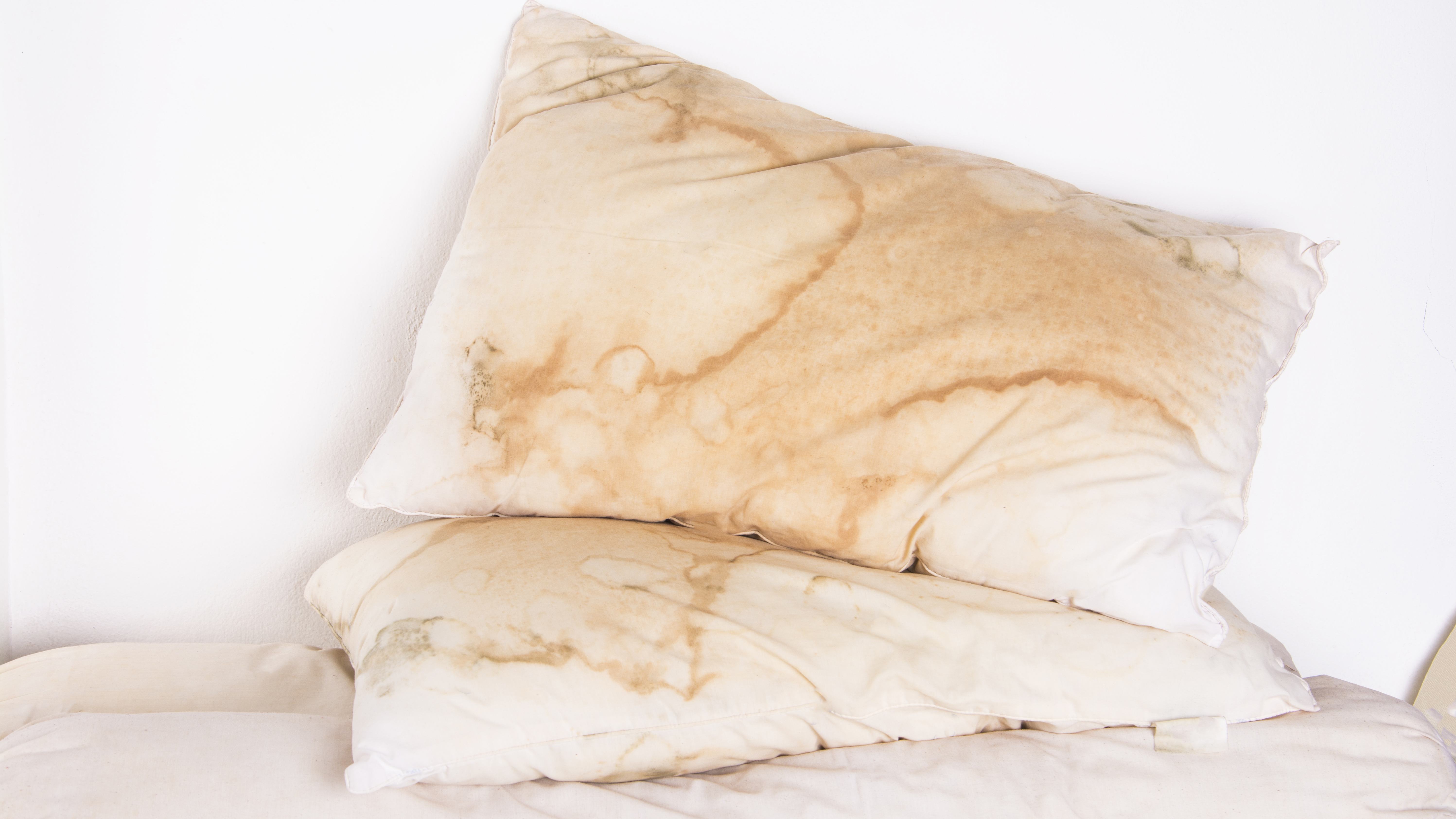
If you have allergies, a hypoallergenic protector, as mentioned above, can really help. As you sleep, dead skin cells as well as sweat can cause an abundance of dust mites to build up on your pillow, making you react and sneeze in the night. With a hypoallergenic pillow protector, dust mites are kept at bay from the pillow itself, leading to a more peaceful night’s sleep. In fact, pillow protectors are so effective that they can even stop the spread of bed bugs.
Finally, a pillow protector will prevent everyday wear and tear, stopping feathers from poking through as well as softening any pressure on the pillow itself. This means a foam pillow would be harder to tear, and a synthetic pillow would take longer to flatten. Ultimately, your pillow will last longer with a protector.
Should you buy a pillow protector?
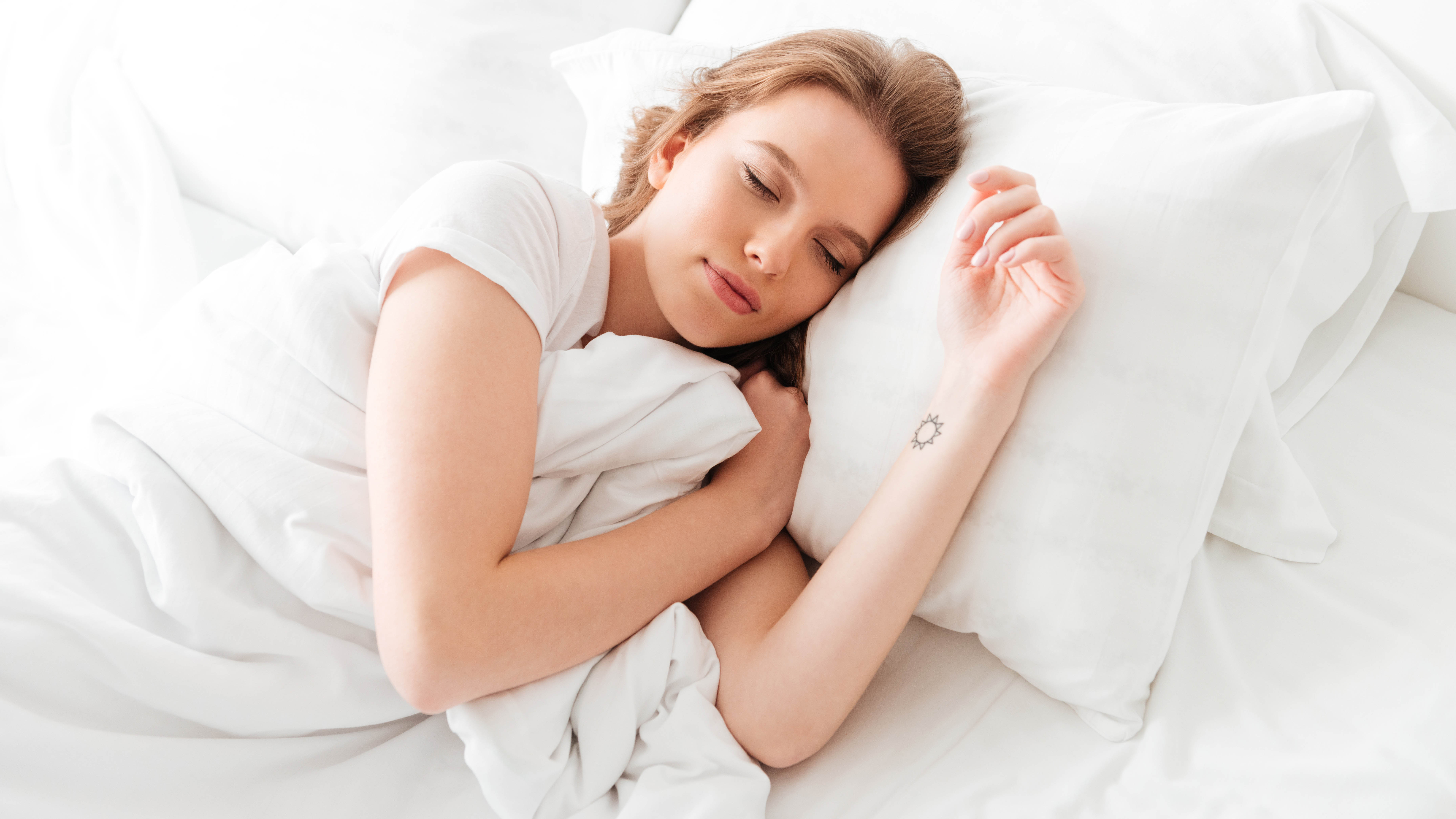
Considering all of the benefits of pillow protectors, there’s little reason to argue against them. They can help you achieve a better night’s sleep while extending the life of your pillow. Plus, with some costing less than $10, they’re easily affordable and even an entry-level design will make a difference.
If you need to wash your pillow before fitting a protector, check out our guide on how to wash a pillow.
Save up to $750 on mattresses at Nolah Sleep
We've teamed up with Nolah to bring you an exclusive discount on its memory foam and hybrid mattresses. Use the code TGNOLAH at checkout and you can save up to $750 on a Nolah mattress, designed with cooling and comfort tech to support you in every sleep position. You’ll get a 120-night trial too.
This article is part of Tom’s Guide’s Sleep Awareness Week 2022 celebration, running until Saturday 19 March. Stay tuned for plenty of sleep tips, advice and expert-rated products to help you sleep better this year.

Katie Mortram used to be a Homes Editor for Tom's Guide, where she oversaw everything from kitchen appliances to gardening tools, as well as smart home tech. Specializing in providing expert advice for cleaning and home manintenance, she now works as Household Advice Editor for Good Housekeeping.

